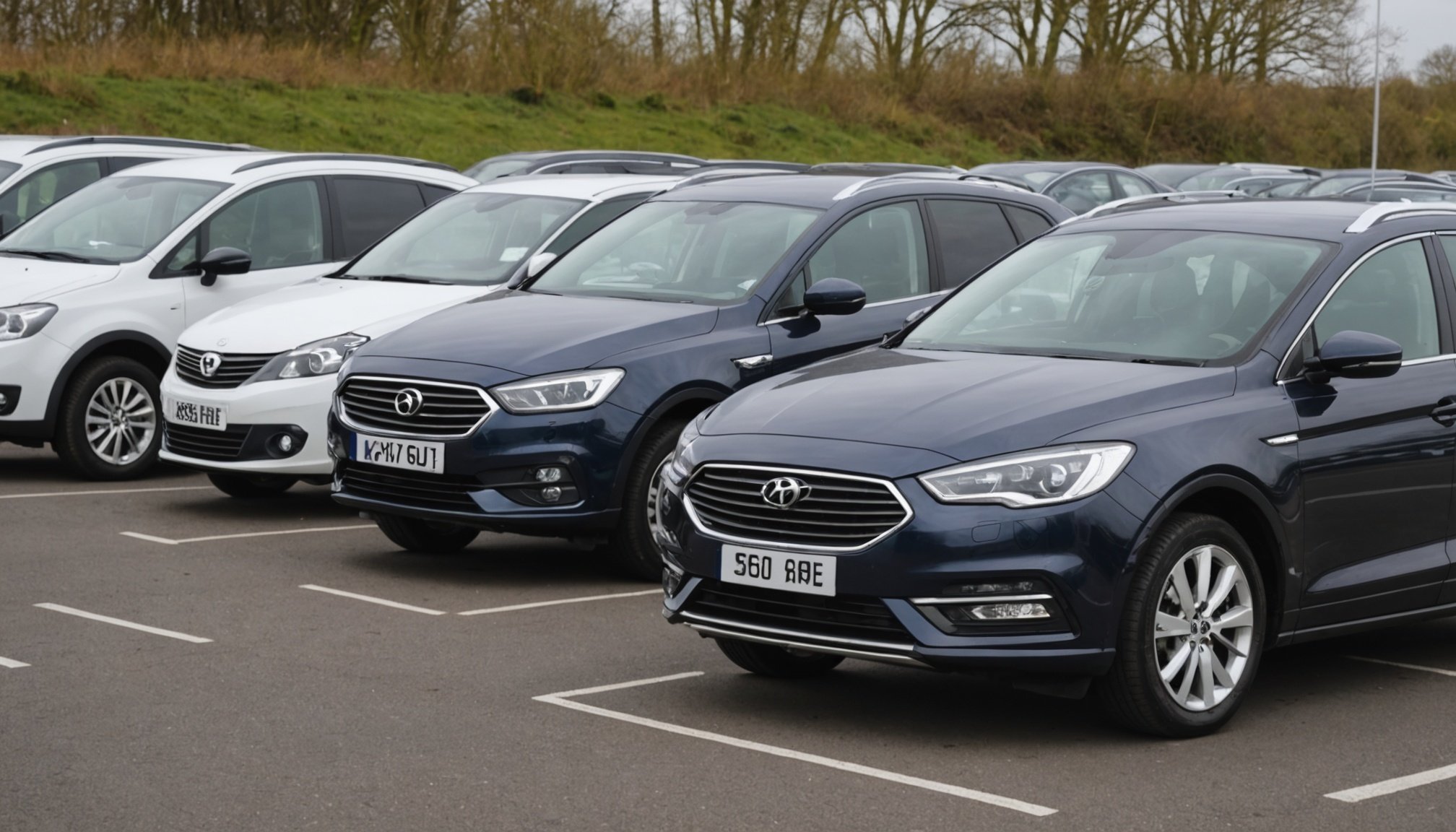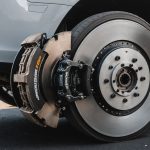When purchasing a vehicle, understanding the warranty provided by the manufacturer is crucial. In the UK, vehicle warranties can vary significantly from one manufacturer to another, influencing your decision-making process as a buyer. This article will explore the different types of warranties available for cars sold in the UK, the coverage they provide, and how extended warranties can serve as an additional layer of protection, ensuring peace of mind for your investment.
Understanding Manufacturer Warranties
A manufacturer warranty is a promise made by the manufacturer to cover certain repairs and replacements for a specified period. In the UK, most new vehicles come with a standard warranty that typically lasts between three to five years. This warranty covers various parts of the vehicle, ensuring that any manufacturing defects will be repaired at no cost to you.
Also to discover : What are the advantages of choosing a certified pre-owned vehicle in the UK?
The standard coverage often includes essential components such as the engine, transmission, and electrical systems. However, it’s important to read the fine print as some aspects, like wear and tear items, may not be included. Different manufacturers will offer different levels of coverage. For example, some may provide additional benefits, such as roadside assistance or coverage for repairs resulting from non-manufacturing issues.
Understanding the specific terms of your manufacturer warranty is vital. You should be aware of the mileage limits and the duration of the coverage period. Exceeding these limits can void your warranty, leaving you responsible for any future repair costs. Additionally, some manufacturers offer a limited warranty that applies only to specific parts, which may not cover the entire vehicle.
This might interest you : How can UK drivers reduce their vehicle’s carbon footprint without buying a new car?
When considering a vehicle purchase, it’s wise to compare warranties from different manufacturers. Some brands may offer more comprehensive coverage, while others may have more exclusions. Knowing what is covered under a manufacturer’s warranty will help you make an informed decision and ensure you feel secure in your investment.
Extended Warranties: Are They Worth It?
An extended warranty serves as a supplemental plan that provides additional coverage beyond the original manufacturer warranty. In the UK, many car buyers opt for extended warranties, especially for cars that may be out of their standard warranty period. This type of coverage can be beneficial for several reasons.
First, it offers protection against unexpected repair costs as vehicles age. While new cars are generally reliable, as they approach the end of their warranty, the risk of failure increases. An extended warranty can cover major components that may need repairs, such as the engine, transmission, or electrical systems, thereby reducing potential financial burdens.
Second, extended warranties often provide peace of mind. Knowing that you have coverage for several additional years can significantly alleviate concerns about potential breakdowns. Moreover, some extended warranties come with additional perks, such as roadside assistance and vehicle rental while repairs are being completed.
However, it’s crucial to evaluate the cost of an extended warranty against the potential benefits. Extended warranties can vary widely in price and coverage. Not all providers offer the same level of protection, so it’s essential to thoroughly read and compare different plans. Determine what is covered, what is excluded, and any deductibles that may apply.
Lastly, consider the reliability of the manufacturer or third-party provider offering the extended warranty. Research customer reviews and ratings to ensure you choose a reputable company. An extended warranty can be a wise investment, but it’s essential to ensure you are getting a reasonable deal that fits your needs.
Types of Coverage Offered
When it comes to vehicle warranties, various types of coverage are available. Understanding these distinctions can help you choose the right option for your needs. The primary types of warranties include:
-
Bumper-to-Bumper Warranty: This is comprehensive coverage that typically includes nearly every part of the vehicle, except for wear and tear items. It is often considered the best type of warranty for overall protection.
-
Powertrain Warranty: This warranty covers the essential components that power the vehicle, such as the engine, transmission, and drivetrain. It usually lasts longer than bumper-to-bumper warranties, often extending beyond five years or 100,000 miles.
-
Corrosion Warranty: This warranty protects against rust and corrosion damage. It usually lasts longer than the standard manufacturer warranty, sometimes up to twelve years, depending on the manufacturer.
-
Roadside Assistance: While not a warranty in the traditional sense, many manufacturers offer roadside assistance as part of their warranty package. This includes services like towing, battery jumps, and lockout assistance, ensuring you’re not left stranded in case of a breakdown.
-
Emissions Warranty: Required by law in many countries, this warranty covers repairs to emissions-related components, ensuring your vehicle complies with environmental regulations.
Each manufacturer has its own policies regarding coverage duration and specifics. When looking for a new vehicle, consider what type of coverage each brand offers. Some manufacturers provide outstanding warranty packages, while others may not. The differences in warranty coverage can have significant implications for your long-term satisfaction and overall ownership experience.
Factors Influencing Warranty Duration and Coverage
Several factors can influence the duration and extent of coverage offered in a manufacturer warranty. Understanding these elements can help you make a more informed purchasing decision.
Firstly, the manufacturer’s reputation plays a crucial role. Brands known for reliability and quality often provide longer warranties as a confidence booster for buyers. For example, brands with a strong history of producing dependable vehicles may offer warranties that last five years or more, as they trust their products to stand the test of time.
Secondly, the type of vehicle impacts warranty coverage. Luxury vehicles may have shorter warranties due to their complex systems and higher repair costs, while economy models might feature longer coverage terms to enhance attractiveness to budget-conscious consumers. Additionally, electric vehicles often come with separate warranties for the battery and electric components, which can differ from traditional gasoline-powered vehicles.
The market competition also affects warranty offerings. In a competitive market, manufacturers may extend warranty periods to differentiate themselves from competitors, leading to more attractive deals for consumers. Finally, the vehicle’s price point can influence warranty coverage; higher-priced vehicles may offer more extensive coverage, while lower-cost models typically come with standard warranties.
When purchasing a vehicle, consider these factors as they can significantly impact your experience. A well-structured warranty can safeguard against potential costs and provide reassurance throughout your ownership.
Navigating the world of vehicle warranties can be complex, especially with the variety of options available in the UK market. Understanding the differences between manufacturer and extended warranties, along with the specific coverages offered, is essential for making an informed decision.
Always carefully review the warranty details before purchase, ensuring you comprehend what is covered and for how long. Remember, a robust warranty can significantly enhance your peace of mind, protecting you from unexpected repair costs and ensuring your vehicle remains in optimal condition for years to come. As you consider your next vehicle, take the time to investigate the warranty options available to ensure you choose a car that meets your needs and offers the protection that gives you the confidence to drive.











